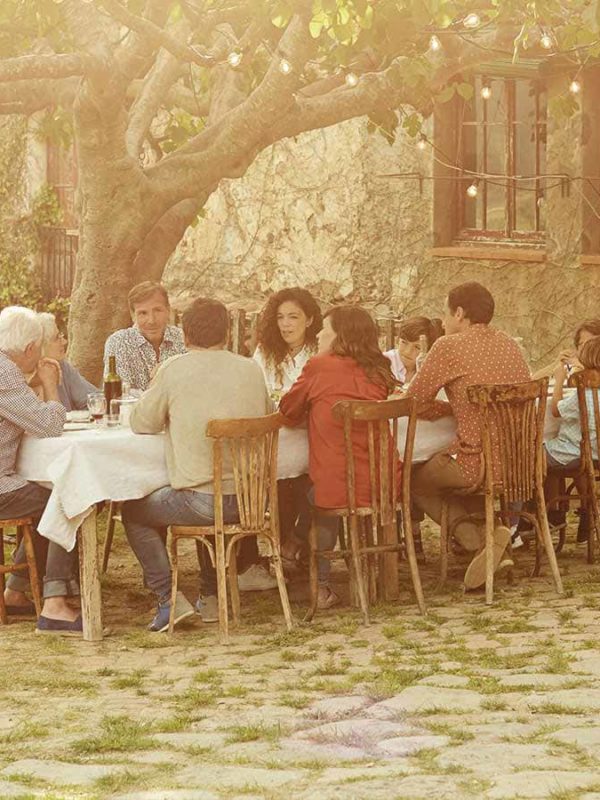For a person to exist alone is an absurdity. To be human is to coexist and be open to one another: to be a gift of oneself and an embrace of others. Thus, the radical vocation, what innately constitutes us as a person, is loving and being loved.
Text
“The original Hebrew suggests a direct encounter, face to face, eye to eye, in a kind of silent dialogue, for where love is concerned, silence is always more eloquent than words. It is an encounter with a face, a “thou,” who reflects God’s own love” (The Joy of Love, n.12)
Commentary
In each love, there is an encounter of intimacies from which comes forth a live story, a tale of living together. Both the encounter and this love story demand from the lover a mutual “coming out of himself” to enter another person´s intimacy. It is possible for us to love because a human person – every single one of them- is able to “radically open up and connect.”
To be open to others means that our act of being – that initial fiat that brings us into existence- “propels” us to encounter other people. In the first place, our family ties. One could say that the gateway to love and the one for joy (a consequence of love) always opens outwards, or, better yet, it deters us from revolving around ourselves, selfishly pulling away from others, oblivious to their existence.
We aren’t meant to gravitate around ourselves like a black hole. But around other people, the divine Persons, and other human beings. Whenever this doesn’t occur, and we search for the center of our lives within ourselves, we lose our balance and whither. Selfishly caught up in ourselves, we find nothing but sadness and inner emptiness, solitudes so dry as a desert. That’s why a person who exists alone is absurd. Our personhood demands that the innate vocation to love and be loved be sealed into our act of being. The first and most natural manifestation of this vocation is family.




























